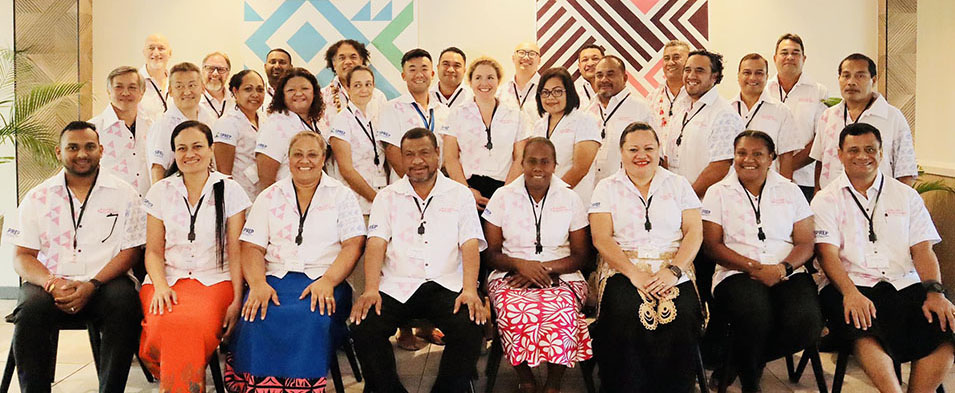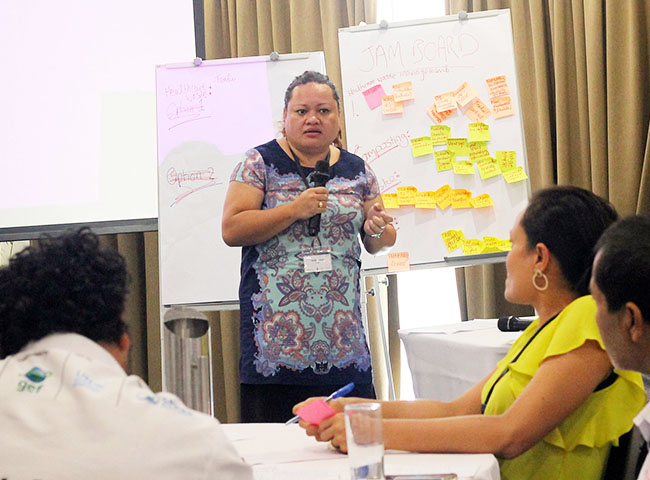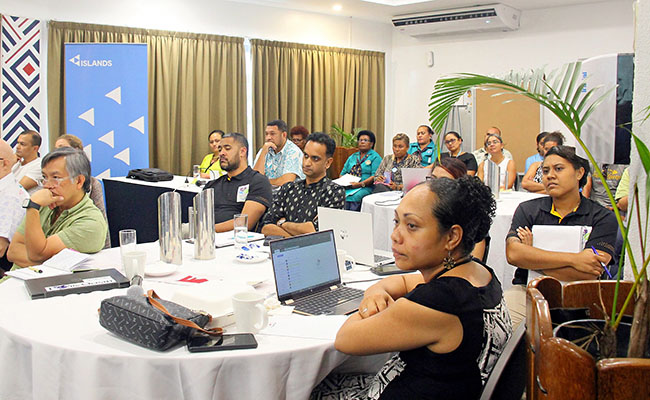
Tonga is among 14 Island nation delegates taking part in the ISLANDS Pacific Project - the largest funded anti-pollution project in the Pacific Islands, which deals with toxic chemicals and waste management. It gives support in the form of grants, training, information, data sharing and collaborative activities for the safe recycling of hazardous waste in the region.
The Project's first Sustainable Management of Hazardous Chemicals and Waste in the Pacific Islands initiative, was held in Suva, Fiji, from 15-17 November.
Representatives of the UN Environment Programme (UNEP), Green Growth Knowledge Partnership (GGKP) and The Secretariat of the Pacific Regional Environment Programme (SPREP), also attended the meeting.
Tonga's chief environmentalist, Mafile’o Masi, said the ISLANDS Pacific Project is meant to help us better manage hazardous waste and chemicals, and in some cases will include solid waste and all other waste. It will help to to improve the proper management of waste in the outer islands.
“In our case, it matters because we’ll be able to climate-proof our landfill sites, which are dump sites in two of our outer islands, Ha’apai and ‘Eua”.
This was the first meeting of the Steering Committee for the ISLANDS Pacific Project, led by the UNEP and implemented regionally by SPREP, and funded by the Global Environment Facility (GEF).
The Project also aims to raise awareness and implement practical steps for the safe recycling and disposal of collected hazardous waste.

Project Aim
The objective of the Project is to identify the sources of and key contributors to hazardous waste and chemical pollutants, and to bring the attention of stakeholder and influencer groups, towards the usage of end-of-life vehicles (ELVs), E-waste, Mercury, Plastics and Used Oil. This will help avoid the build-up of Persistent Organic Pollutants (POPs) and mercury materials in the ecosystem.
The Project is backed by US$20 million in GEF funding plus an additional US$94 million in co-financing (in-kind) contributions.
It is believed that with the availability of financial resources, countries can move beyond small gestures with limited influence, towards activities that result in real transformational changes.




